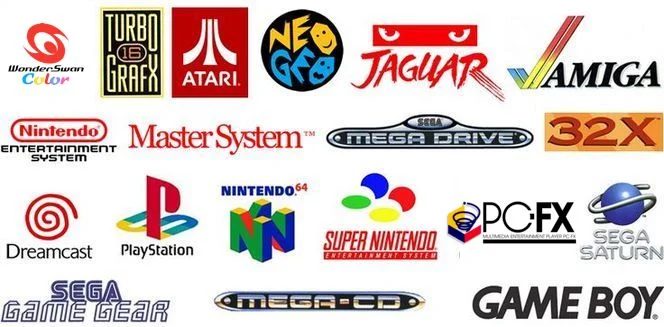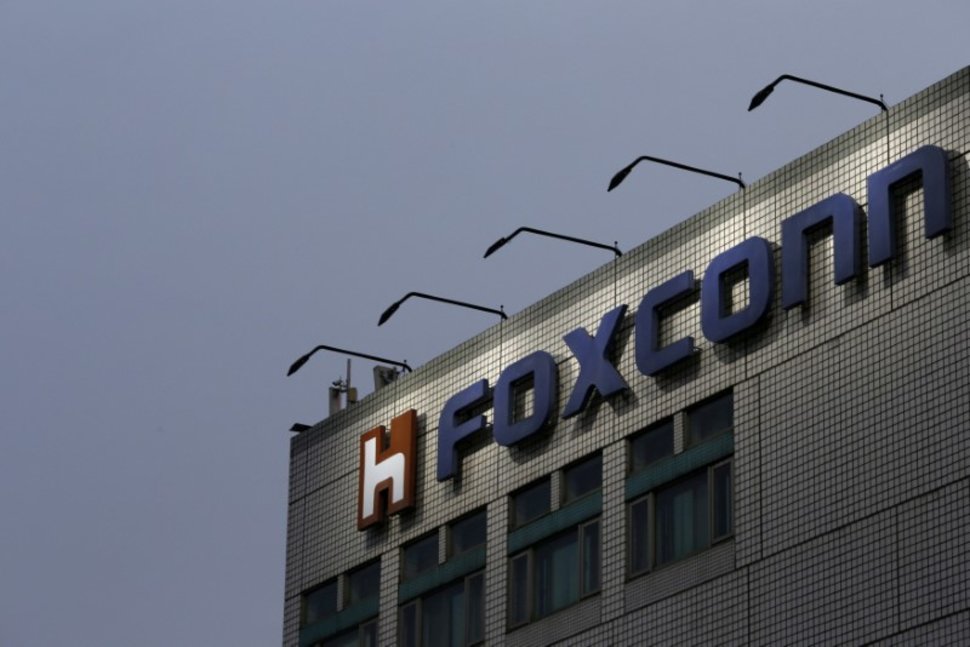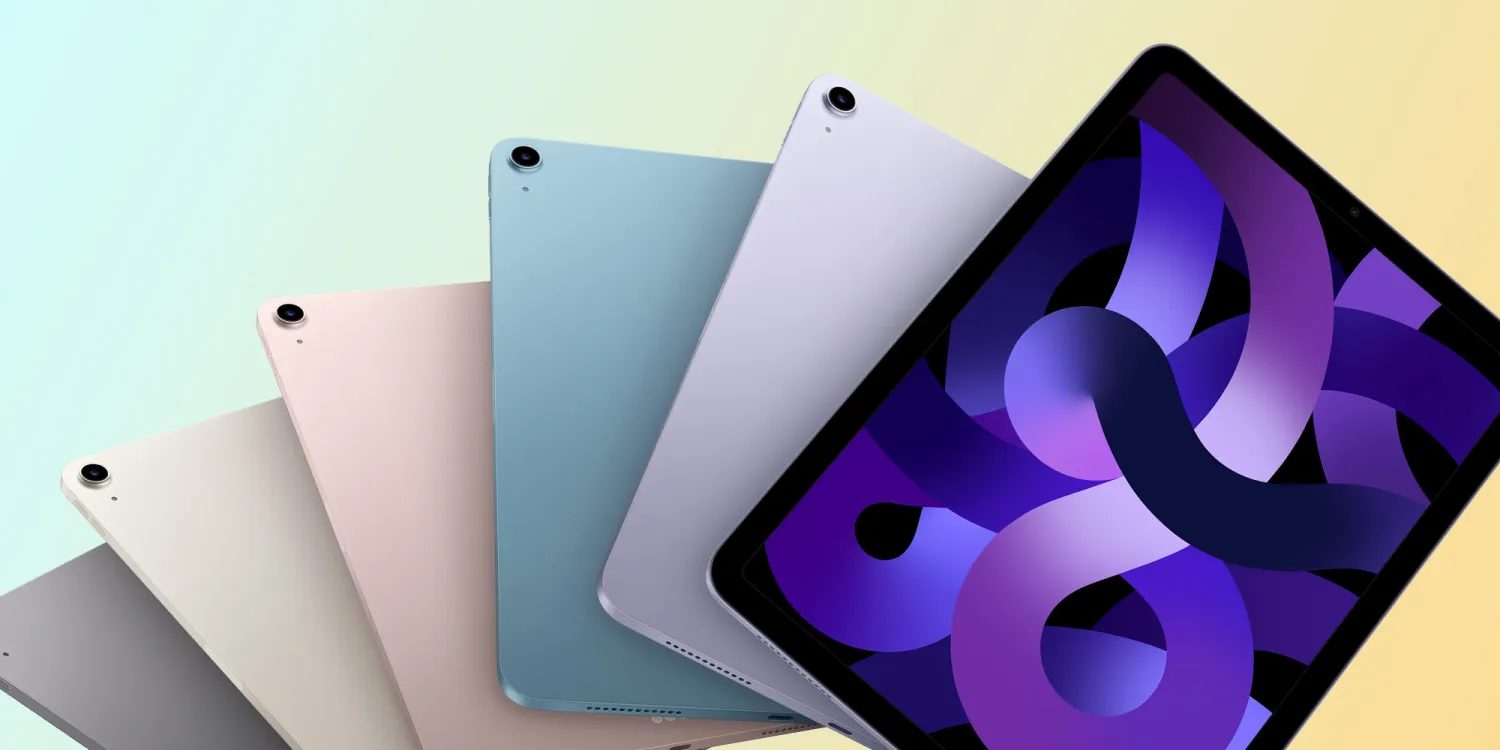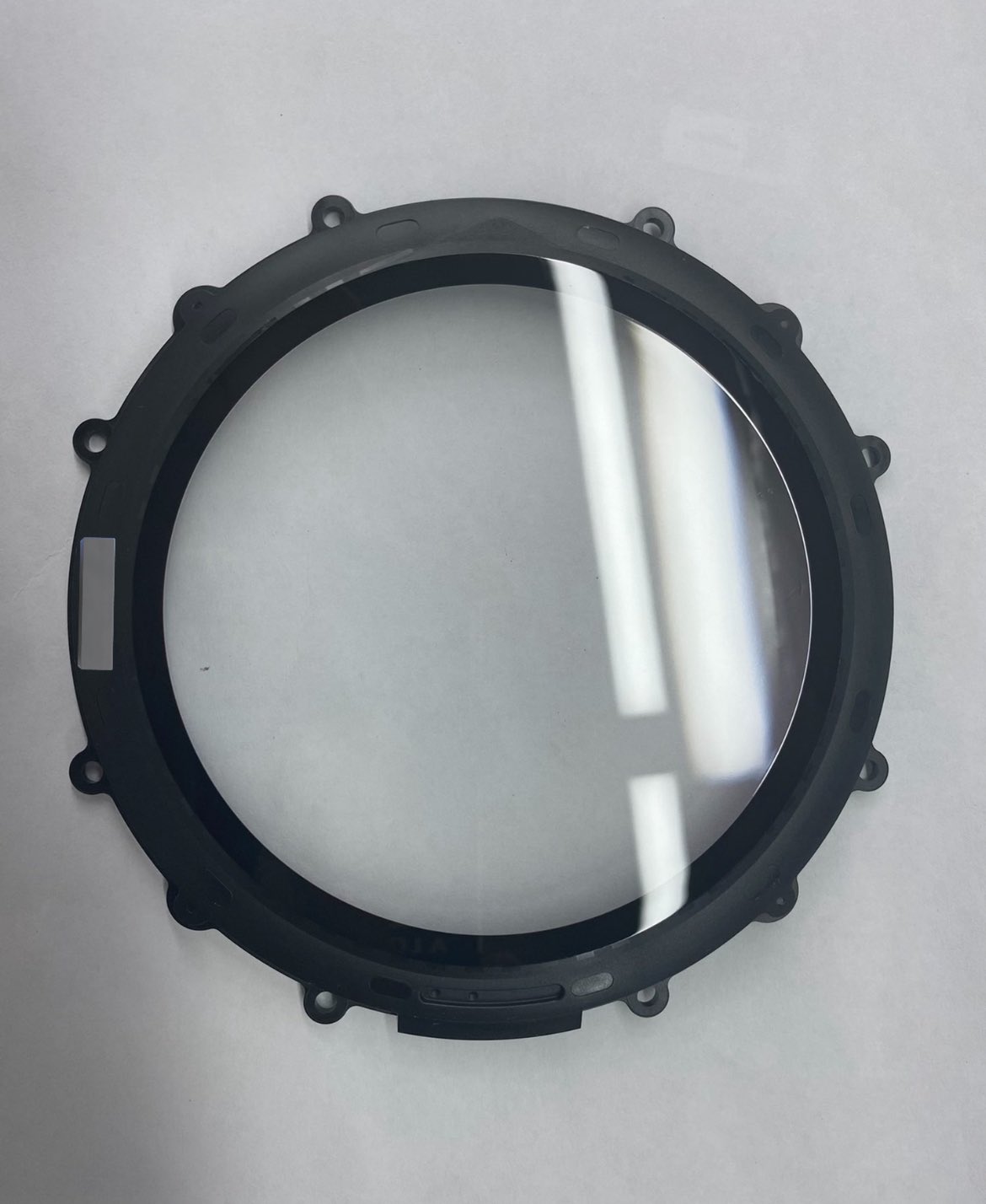
Apple Supplier Foxconn Replaces iPhone Assembly Chief

Foxconn, Apple’s biggest supplier, has crowned a new chief for its iPhone assembly business as the manufacturing giant rebounds from a year of production headwinds and disruptions in China — reports Bloomberg.
The company has replaced longtime iPhone assembly head Wang Charng-yang with Michael Chiang, whose appointment was recently made public at Foxconn’s annual year-end party on Sunday. Wang is stepping down to focus on his role on the company’s board, while Chiang will take over Foxconn’s A business group, the unit responsible for iPhone production.
Not only did Foxconn’s production take significant hits last year due to repeated COVID-19 lockdowns in China, but its largest iPhone factory, located in Zhengzhou, China, suffered a protracted hiatus late last year as mass employee protests broke out. Ultimately, the setbacks left Apple with a major deficit of flagship iPhones in its all-important holiday quarter.
The appointment is part of Foxconn Chairman Young Liu’s efforts to line the company’s executive ranks with younger talent. Since taking over as chair, Liu has been filling key positions with younger employees — by both recruiting from outside and promoting staff internally.
Chiang has been with Foxconn since 1999 and holds a master’s degree in human resources development from California’s Claremont Graduate University. He takes the helm of iPhone manufacturing at Foxconn as the company seeks to ramp production back up.
Foxconn is also preparing to face challenges from new competitors as Apple pushes suppliers to boost production in India. The company recently invested another $500 million in its Indian operations. In a 2021 interview with an insurance brokerage company, Chiang said he has been to India three times to help develop his company’s manufacturing presence in the country.
“The biggest challenge we face in India is cultural shock including its caste system. It’s brand new to us,” Chiang said.
He also detailed some of Foxconn’s stringent assembly processes for the iPhone. “For Chinese Android phones, we only have to assign 100 workers per production line, but we need 1,200 for the iPhone,” Chiang said.

